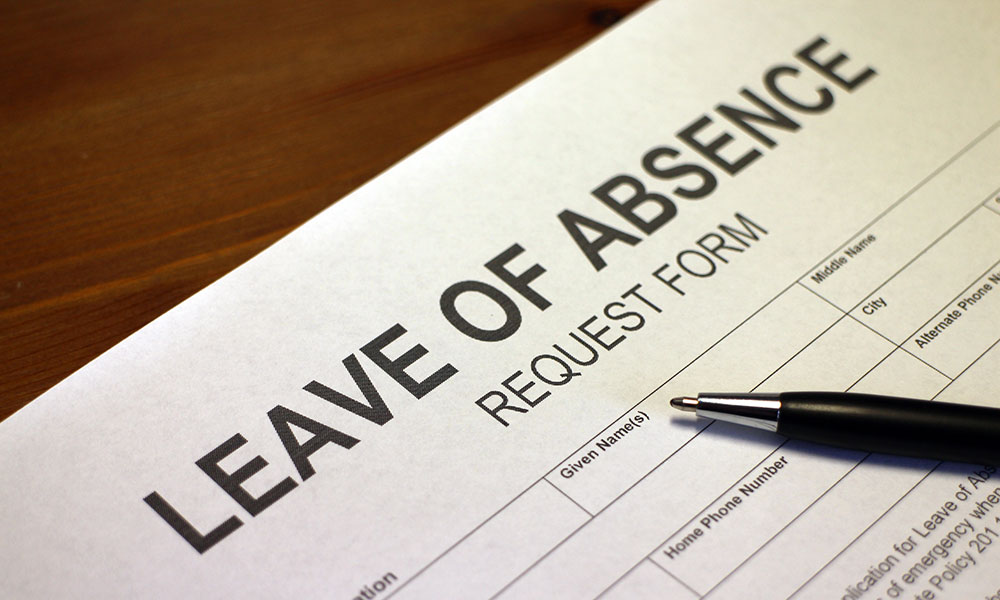
DC Council Members Seek Overhaul of Paid Leave Law
The DC Council introduced a bill this week that would adjust the new paid leave law and reduce the resulting tax increase on local businesses.
DC Council Chairman Phil Mendelson said this week he expects to hold a hearing in June on possible changes to the District’s new paid leave law to address concerns from local business leaders.
To that end, two DC Council members introduced a bill February 21 that would shrink the tax increase on DC businesses to .2 percent of payroll for large businesses and .4 percent for small businesses. The paid leave law passed by the Council last December would increase employer-paid payroll taxes by .62 percent.
With a smaller pool of money to fund the new benefits, the bill introduced by council members Mary Cheh and Jack Evans would fund leave benefits exclusively for small businesses in the District, defined as those with fewer than 50 employees. Large employers would be required to provide equivalent paid leave benefits to their employees on their own.
“I support paid leave, but I think there’s a better way to do it than what we passed,” Cheh said this week.
Before the Council passed the current plan, ASAE and a coalition of Washington, DC-based business and university groups had supported an “Employer Mandate” alternative because it would have preserved the existing employer-employee benefits relationship and would have left the DC government out of managing paid leave benefits. Many DC employers already offer paid leave benefits, but for those smaller organizations that don’t currently offer paid leave, the plan would have created a shared-risk insurance pool through the private insurance market to help offset the cost.
The District’s paid leave law seemed like a done deal as recently as last week, when DC Mayor Muriel Bowser said she would not veto the bill that the Council approved. Bowser has repeatedly told the Council that she continues to have “grave concerns” with the bill and she hopes to work with council members to address its deficiencies.
If left unchanged, the bill will create roughly $250 million in new taxes on local businesses in the District to fund two months of paid time off for workers to care for newborns or adopted children. The bill, which applies to both full- and part-time workers, also grants employees six weeks of paid leave to help ailing relatives. Two weeks of leave are available for personal sick leave.
(iStock/Thinkstock)






Comments